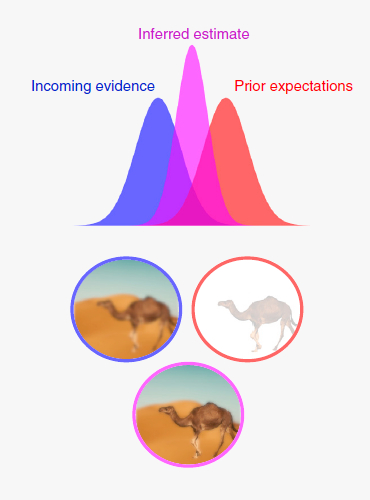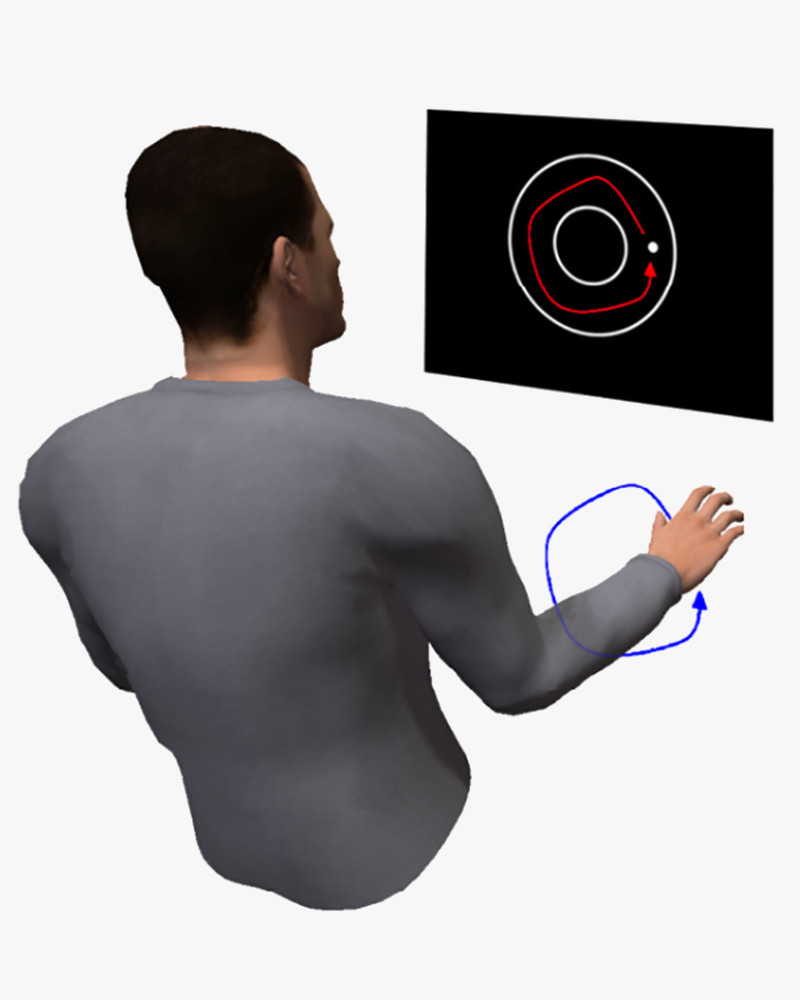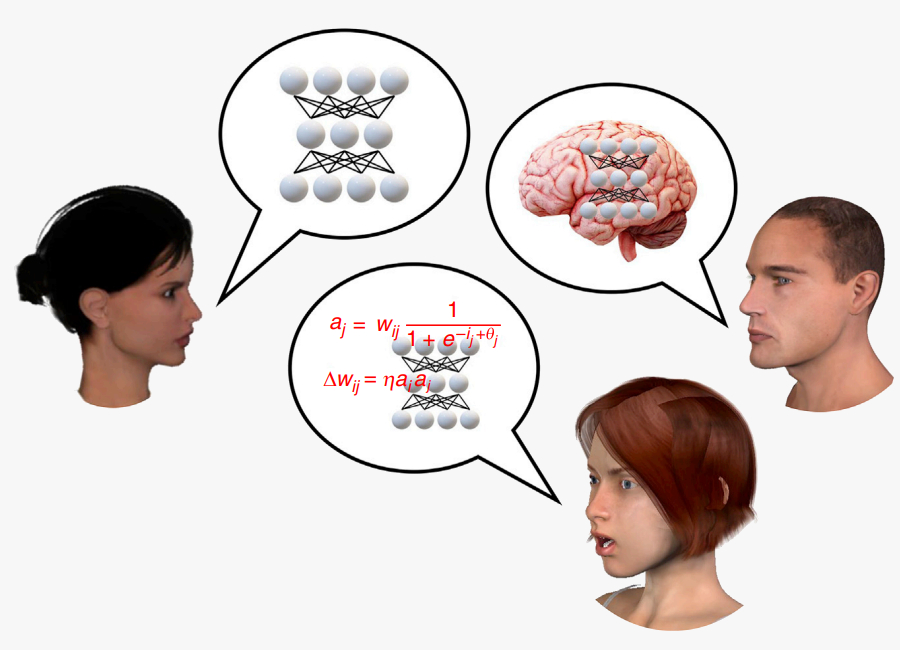This page outlines some of the topics we work on in the lab.
Perceiving an uncertain world

Our brains have to generate accurate representations of the extracranial world. But the information arriving at our senses is inherently ambiguous and uncertain. In the lab we study how perceivers manage and represent uncertainty in what they are perceiving. A major focus is on the idea of prediction – and much of our work considers how the brain uses internal models based past experiences to control perception and awareness.
Examples:
Yon, D., & Frith, C.D. (2021). Precision and the Bayesian brain. Current Biology.
Olawole-Scott, H., & Yon, D. (2023). Expectations about precision bias metacognition and awareness. Journal of Experimental Psychology: General.
Press, C., Kok, P., & Yon, D. (2020). The perceptual prediction paradox. Trends in Cognitive Sciences.
Yon, D., et al (2018). Action sharpens sensory representations of expected outcomes. Nature Communications.
Controlling an uncertain world

A major challenge for the brain is determining which aspects of the outside world it can influence. But we are often uncertain about our agency, and develop false beliefs about what we can control.
We have developed new techniques for studying the sense of control in the lab, and we are currently investigating the cognitive and computational processes the mind uses to infer what it can and cannot influence.
Examples:
Yon, D., Bunce, C., & Press, C. (2020). Illusions of control without delusions of grandeur. Cognition.
Blackburne, G., Frith, C.D., & Yon, D. (2023). Communicated priors tune the perception of control. PsyArXiv.
Learning about an uncertain world
The outside world is not always stable. As a result, our brains have to strike a balance between learning from new data and relying on existing models about how the world works. We are interested in how our minds strike this balance, and how learning controls different aspects of perception, action and belief.
Examples:
Yon, D., et al (2023). Stubborn predictions in primary visual cortex. Journal of Cognitive Neuroscience.
Yon, D. (2020). Prediction and learning: Understanding uncertainty. Current Biology.
Yon, D., de Lange, F.P., & Press, C. (2019). The predictive brain as a stubborn scientist. Trends in Cognitive Sciences.
Theory in the mind and brain sciences

Alongside our experimental and theoretical work on perception, action and belief, a strand of work in the lab also looks at conceptual issues in cognitive science and cognitive neuroscience. This includes thinking about how scientists can connect cognitive, philosophical, computational and biological approaches to studying the mind – and thinking about what makes a good scientific theory.
Examples:
Yon, D., Heyes, C., & Press, C. (2020). Beliefs and desires in the predictive brain. Nature Communications.
Press, C., Yon, D., & Heyes, C. (2022). Building better theories. Current Biology.
